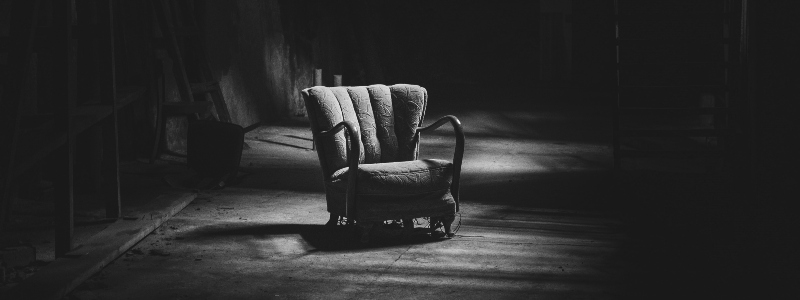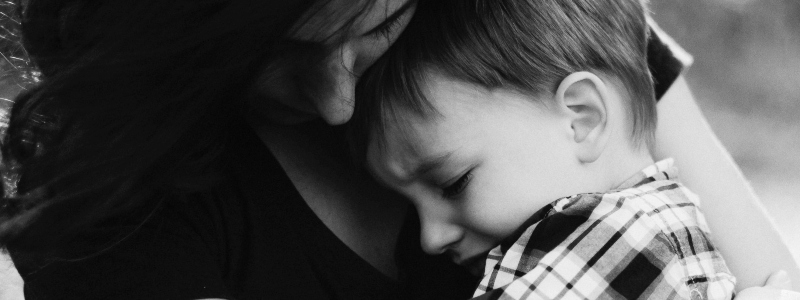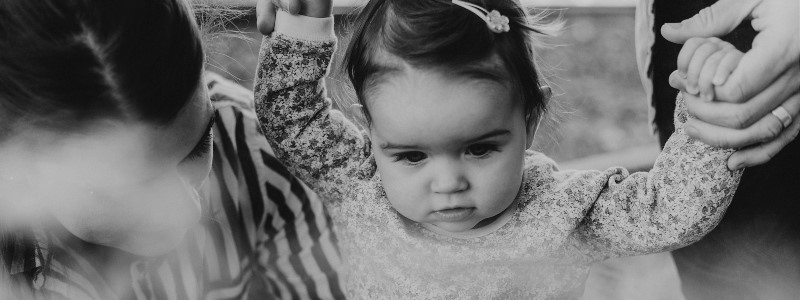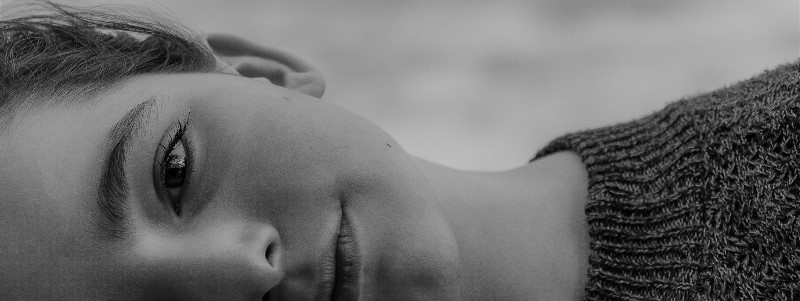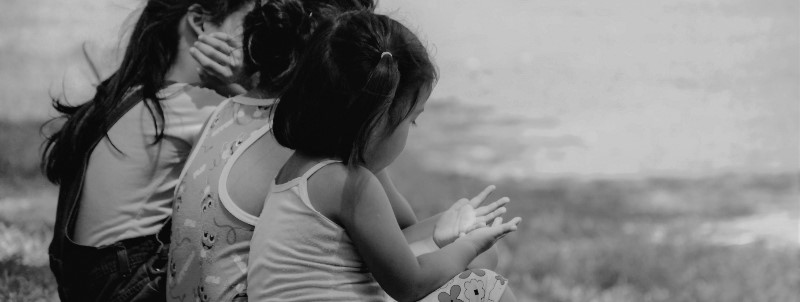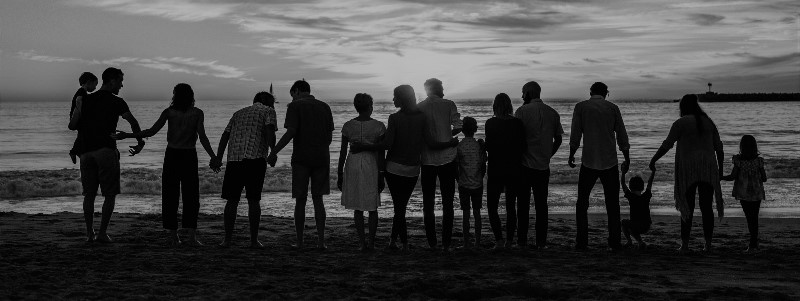Is there an expectation that we will not have uncomfortable emotions?
To have different emotions is to be human. Life is about feeling emotions. We notice our emotions and label them. Emotion is normal, we have to feel it to get past it.
How we look at things and process information is based on our early experiences. In psychological terms we develop schemas. These determine how we look at the world and act as a guide to our cognitive processes and behaviour:
‘A schema is a cognitive framework or concept that helps organise and interpret information. Simply put, a schema describes patterns of thinking and behaviour that people use to interpret the world.’ Very Well Mind 2024.
Emotions can be problematic and we can hold negative beliefs about unpleasant emotion, i.e. emotional schemas, and this can lead us to wanting to avoid the negative emotion. In other words, we have appraisals about our emotions. For example: If you get angry then you will lose control; if you cry then you are weak; if you are afraid then you are a coward; you shouldn’t be upset because others have it worse than you; if you are sad then you are selfish. As a result of these beliefs, we may develop problematic emotional schemas such as: I am weak and childish if I have these feelings; my emotions are a burden to others; I will be punished for my feelings; other people don’t feel this way; I should stop feeling this way.
These appraisals guide us in managing the emotion and can make it difficult to express feelings, and a fear of expressing feelings may develop. This can then lead to mental health difficulties such as anxiety disorders, depression, low self-esteem.
Emotional schema development is influenced by all the same factors that influence our core beliefs, i.e. our early experiences, and significant others.
Think about the emotional environment you grew up in. How did people respond to your emotions? How did they make you feel about your emotions?
As a child you may not have been allowed to express your upset, you may have been told not to cry, to get over it and move on. However, crying is part of life. It’s linked to a normal emotion.
Parents may have had emotional styles, e.g. dismissive – denying the significance of a child’s emotion; disapproving – criticising and over controlling of a child’s feelings; or emotional coaching – assist in expressing, identifying and differentiating emotions, and problem solving. Emotional coaching obviously being the most helpful.
Many people fear not being able to control their emotions and so fear expressing them. However, we need to make room for these emotions, let the emotion in. You can have a feeling of anger and not act in a hostile way.
We can become anchored to our emotion if the emotion is intense. Intense emotion can be interpreted as long lasting and increasing in intensity. We can over focus on the emotion and use the current emotion to interpret current situations and predict future situations. This then maintains the problem. This can happen with anxiety, and the more anxious about situations we become, the smaller our world becomes. These negative feelings can lead onto other negative feelings such as hopelessness and helplessness.
However, if we can look at the situation from the perspective of a different emotion, might this change? For example: Be curious – what can I learn from this? Challenge – what can I do to make things better? Find meaning – how does this tell me what matters? Compassion – towards self or other. Emotions change. Can you think of your feelings as waves that come and go? It can be helpful to observe the emotion, notice if it goes up and down. Neither positive or negative feelings last indefinitely.
When we feel grief at the loss of a loved one and don’t want to feel like this anymore, does this mean we would rather not have had that person in our life, to not have had a relationship with them so that we can avoid experiencing the loss of the person? I suspect not.
We need to make room for the loss and the pain, build a life around this. Life is about having uffering. The suffering is worth it, to have experienced the love, the relationship, etc. We need to remember emotion is temporary. Think of when you experienced this emotion before, how did you move on from it? Think about past ways you coped, did what you fear happen? How did the emotion come to an end?
Problematic coping is when we try and avoid – we use drugs, alcohol, ruminate, stop doing things. Alcohol or drugs work in the moment but longer term we feel worse, and may need more to get the same effect and then feel even worse.
It is how we cope with the uncomfortable emotion that enables us to progress. In CBT we learn to do this by drawing on various strategies including distraction, problem solving, acceptance, social support, cognitive restructuring, decreasing the arousal, behavioural activation and modifying beliefs about emotion.
Being human means you will have unpleasant emotions. Pain, tragedy and loss are part of having a full life. Disappointments are inevitable. To manage disappointment, we readjust our expectations. We have to get through the difficult emotion to get to what we want. Emotions go up and down, we have to learn to tolerate them. You do the hard things so that they become easier in the future. If you believe the emotion goes on forever then it maintains the problem. We have other emotions than the one we’re thinking of right now. Think of feelings as coming and going, allow them to come and pass. We can’t suppress emotion, if you try to it comes back. The same with our thoughts, we can’t stop them coming. We have to make room for them, observe them, accept them and let them go.
Brighton and Hove Psychotherapy is a collective of experienced psychotherapists, psychologists and counsellors working with a range of client groups, including fellow therapists and health professionals. If you would like more information, or an informal discussion please get in touch. Online therapy is available.




